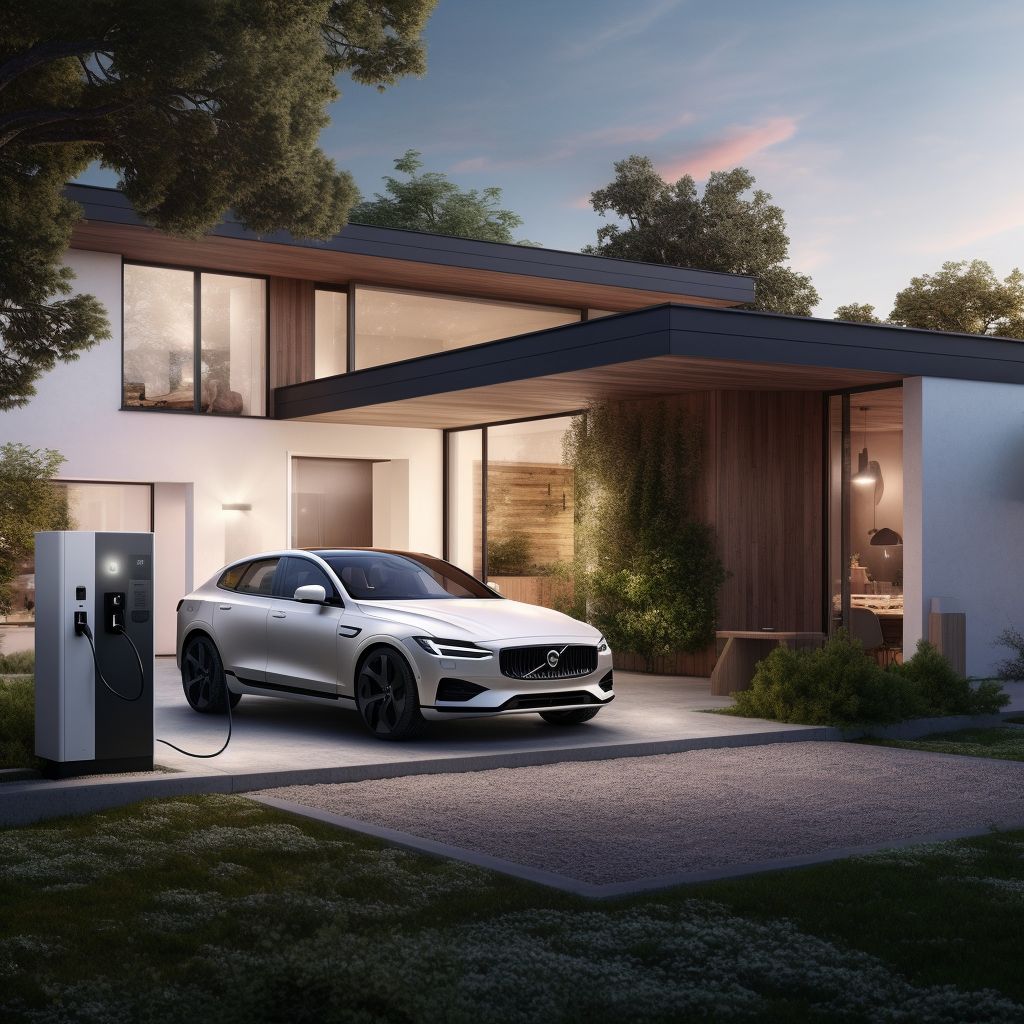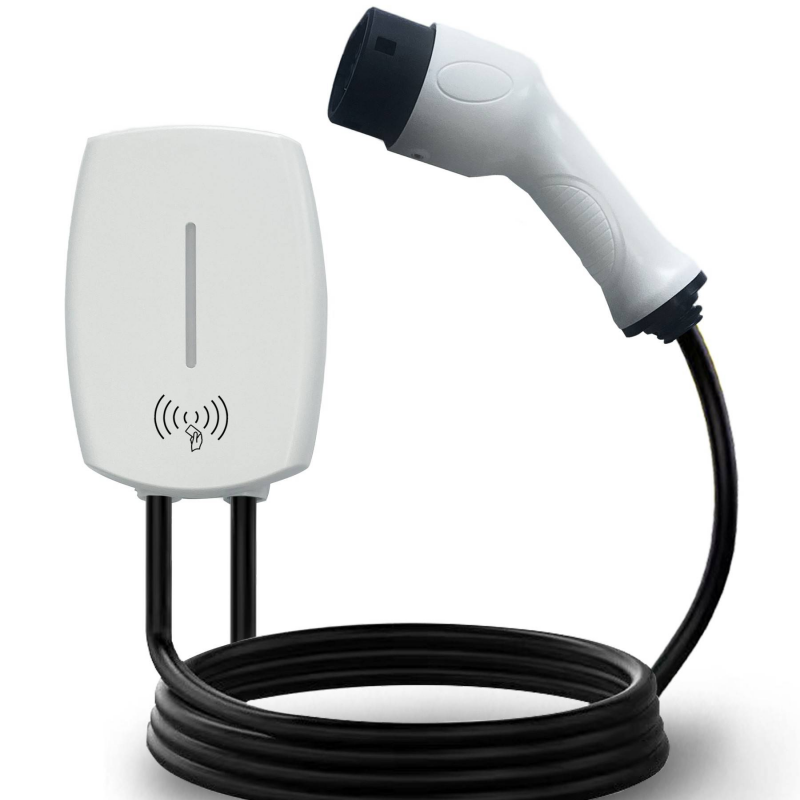A Level 2 Electric Vehicle (EV) charger is a popular choice for home and public charging stations as it provides faster charging compared to Level 1 chargers. To achieve high-efficiency Level 2 EV charging, you’ll need to consider various components and factors:
Charging Station Type: Choose a high-quality Level 2 EV charging station from reputable manufacturers. Look for Energy Star-certified chargers or those that meet relevant industry standards and safety certifications.
Power Output: Higher power output (measured in kilowatts, kW) will result in faster charging. Residential Level 2 chargers typically range from 3.3 kW to 7.2 kW, while commercial chargers can go much higher. Ensure the power output aligns with your EV’s capabilities.
Voltage: Level 2 chargers typically operate at 240 volts for residential use and 208/240/480 volts for commercial use. Make sure your electrical system can provide the required voltage.
Amperage: The amperage (measured in amps, A) determines the charging speed. Common residential chargers are 16A or 32A, while commercial chargers can be 40A, 50A, or higher. Higher amperage allows for faster charging, but it depends on the capacity of your electrical panel.
Installation: Ensure proper installation by a licensed electrician. The installation should meet local electrical codes and standards. Adequate wiring and circuit capacity are crucial for high-efficiency charging.
Wi-Fi Connectivity: Many modern EV chargers come with Wi-Fi connectivity and smartphone apps. This enables you to monitor charging status, set charging schedules, and receive notifications remotely.
Energy Management: Some chargers offer load management features that distribute power intelligently within your home or facility, preventing overloads and optimizing energy usage.
Cable Length and Quality: High-quality charging cables are essential for efficiency and safety. The cable length should be sufficient for your parking setup.
Smart Charging: Look for chargers with smart charging capabilities that can communicate with the grid and charge during off-peak hours when electricity rates are lower, reducing overall charging costs.
User-Friendly Interface: An intuitive user interface on the charger or through a mobile app can enhance the user experience and make it easier to monitor and control charging.
Warranty and Support: Choose a charger with a good warranty and access to customer support in case you encounter issues.
Maintenance: Regularly maintain the charging station to ensure it operates efficiently. Clean connectors and cables, and inspect for any signs of wear or damage.
Safety: Ensure that the charger has safety features like ground fault protection, overcurrent protection, and thermal management systems to prevent overheating.
Scalability: For commercial installations, consider scalability to add more charging stations as EV adoption increases.
Compatibility: Make sure the charger is compatible with your specific EV’s charging port and standards like CCS (Combined Charging System) or CHAdeMO.
By considering these factors and choosing the right components, you can create a high-efficiency Level 2 EV charger solution for faster and more convenient charging of electric vehicles at home or in public spaces. It’s important to consult with a qualified electrician or expert to assess your electrical system’s capacity and ensure a safe installation.
22KW Wall Mounted EV Charging Station Wall Box 22kw With RFID Function Ev Charger
Post time: Sep-07-2023










